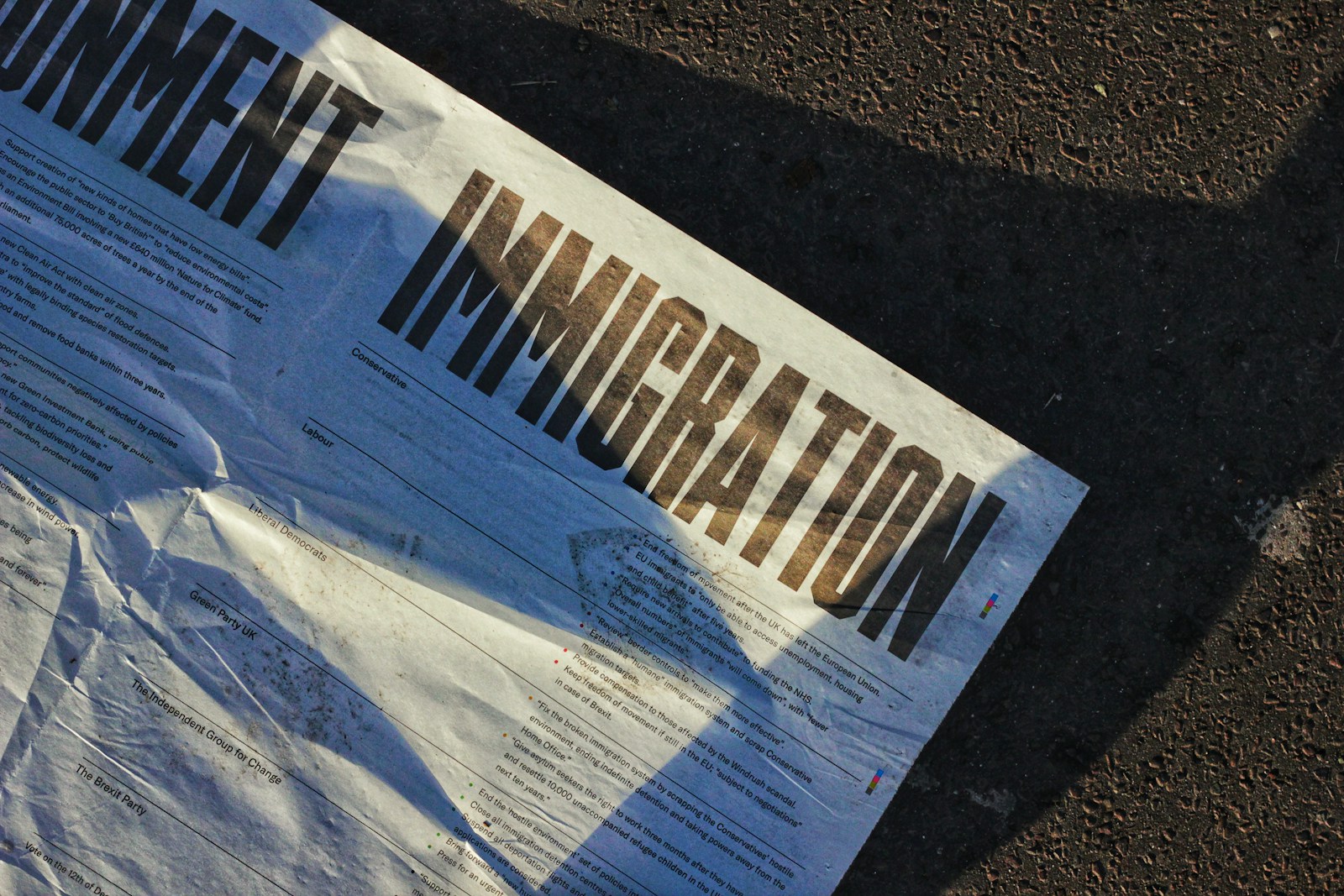Key Takeaways
- Khalil claims private groups helped immigration agents arrest him.
- The lawsuit says the Trump administration joined this effort.
- It focuses on targeting international students.
- The case seeks to reveal hidden immigration coordination.
Hidden Immigration Coordination in Lawsuit
A new lawsuit in Manhattan court accuses both private groups and the Trump administration of secret immigration coordination. Khalil, an international student, says these groups boasted about tipping off immigration agents who later arrested him. Now, he wants the court to expose the steps they took together. This fight could change how private groups work with the government.
How the Lawsuit Describes Immigration Coordination
Khalil’s suit alleges that certain privately run organizations took credit for his arrest. They say they worked with the government to find and detain foreign students. He claims these statements prove the Trump administration and these groups coordinated. He calls it illegal and a violation of his rights. The suit asks for documents that show how far this coordination went.
The Lawsuit in Brief
First, Khalil filed a federal complaint in Manhattan. He argues his arrest earlier this year was not random. Instead, he says a network of private nonprofits gave tips to immigration agents. Because these groups bragged about their success, he believes they acted on orders from the Trump team. He wants the court to force them to hand over internal emails and reports.
Next, the lawsuit aims to clear his name. Khalil says the arrest caused him stress and hurt his studies. He seeks damages for emotional pain and lost opportunities. Moreover, he hopes this case will stop similar actions against other students. Therefore, he demands a public explanation from both sides.
Who is Khalil?
Khalil is an international student who came to the United States for college. He has always followed the rules. Yet, immigration agents arrested him without warning. He spent days in detention and missed key classes. Because of that, he struggled to keep up with assignments. Now, he fights not just for himself, but for other students too.
He says the experience felt unfair and personal. He thought the U.S. would protect him if he followed the law. However, he now worries any private group could report him. His lawsuit aims to set a clear rule: private groups cannot secretly work with the government to target harmless students.
Role of Private Organizations
According to the lawsuit, some nonprofits claimed they build cases on foreign students each month. They boasted about “success stories” in news releases and social posts. Khalil’s complaint says those posts prove they acted jointly with immigration agents. In essence, he labels their activity as secret immigration coordination.
These groups saw themselves as partners in immigration enforcement. They recruited volunteers to monitor students, flagging anyone they said violated visa rules. Then, they allegedly fed that information to federal agents. In turn, the agents acted on those tips. Khalil’s lawsuit demands to know how official that partnership really was.
Possible Ties to the Trump Administration
The complaint goes further. It claims that top Trump officials met with these nonprofits. They planned a strategy to reduce the number of foreign students. Because of those meetings, the lawsuit argues, the groups’ work had a white-house seal of approval. Now, Khalil wants evidence of conversations, memos, or directives.
He believes that if the Trump team indeed guided private groups, they broke the law. The suit points out that the government cannot outsource immigration enforcement to parties without oversight. Still, it remains unclear how much formal direction the administration provided. The court will decide if federal officials crossed a legal line.
Impact on International Students
If Khalil wins, the case could reshape how private groups deal with foreign nationals. It might force nonprofits to prove they act independently from the government. Also, agencies would have to follow stricter rules before acting on private tips. This change could protect thousands of students who study in the U.S. every year.
Moreover, the lawsuit sends a warning to groups that track visa holders. They may have to rethink their tactics. Transparency would become essential. Finally, universities might feel pressure to support their international students more openly.
What Happens Next
The court will review Khalil’s request for documents. He seeks emails, meeting notes, and internal reports. If the judge agrees, those records will reveal the depth of immigration coordination. Both private groups and government officials must respond under oath. After that, the case moves into a discovery phase.
During discovery, each side can question witnesses. They inspect each other’s files. This stage could last months. At the end, the court may hold a hearing to decide if the evidence shows wrongdoing. Even then, the case might settle or proceed to trial.
Finally, if Khalil proves his claims, the court could order changes. It might bar private groups from working on government cases. Alternatively, it could require clear rules for referrals. Either outcome would leave a mark on U.S. immigration policy.
FAQs
How does the lawsuit define immigration coordination?
The suit calls it a hidden partnership between private groups and federal agents to target students.
What does Khalil want from the court?
He asks for records, public transparency, and damages for emotional and academic harm.
Who are the private groups involved?
They are nonprofits that monitor visa holders and share tips with immigration agents.
Could this case affect other students?
Yes. A win could force new rules to protect international students from secret investigations. Source: https://www.nydailynews.com/2025/11/20/mahmoud-khalil-in-suit-demands-trump-admin-reveal-contact-with-orgs-targeting-israel-critics/
